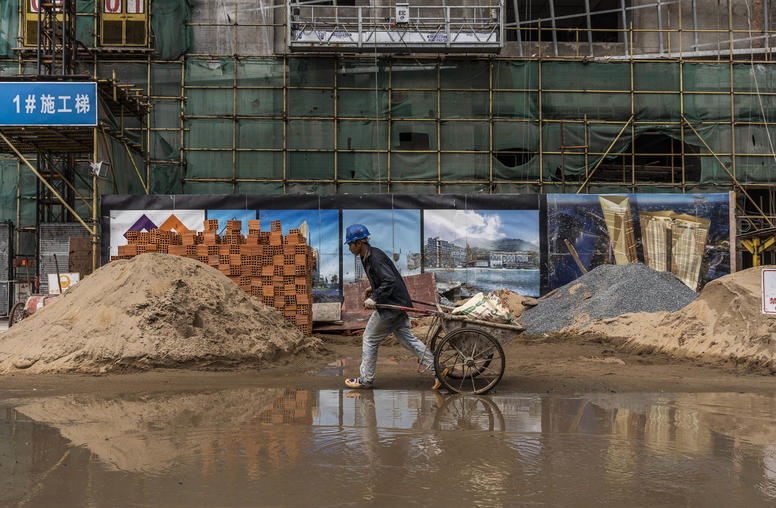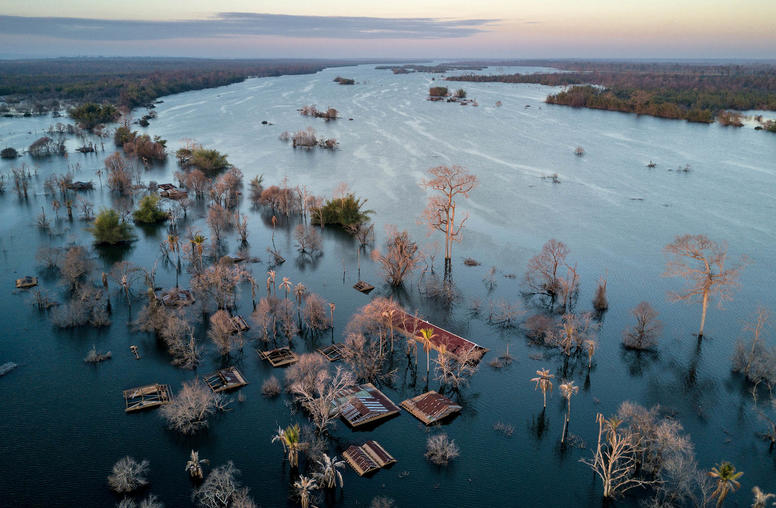Cyber Scams and Human Trafficking in Cambodia and Vietnam
Organized crime is a significant driver of conflict globally. It preys on weak governance, slack law enforcement and inadequate regulation. It tears at the fabric of societies by empowering and enriching armed actors and fueling violent conflict. In Asia, criminal groups prop up corrupt and dangerous regimes from Myanmar to North Korea, posing a direct threat to regional stability. Concerned by the impact of organized crime on governance, local conflict and global security, USIP formed a study group to explore the dimensions and nature of Southeast Asia’s China-originating criminal networks and the scourge of online scamming they are now spreading globally.

Join USIP for a conversation that builds on the study group’s final report on transnational crime in Southeast Asia by looking at on-the-ground conditions in Cambodia and Vietnam, as well as the experiences of diaspora civil society. The discussion will delve into the alarming rise of criminal cyber scam centers that exploit forced labor, human trafficking and online "pig butchering" techniques to defraud victims of billions of dollars.
Speakers
Ryan McKean, opening remarks
Director, International Narcotics and Law Enforcement, U.S. Embassy in Hanoi
Jason Tower
Burma Country Director, U.S. Institute of Peace
Diep Vuong
President and Co-Founder, Pacific Links Foundation
Mu Sochua
President, Khmer Movement for Democracy
Hai Luong
Lecturer, Griffith University
Jacob Sims
Visiting Expert, U.S. Institute of Peace
Andrew Wells-Dang, moderator
Senior Expert, Southeast Asia, U.S. Institute of Peace



